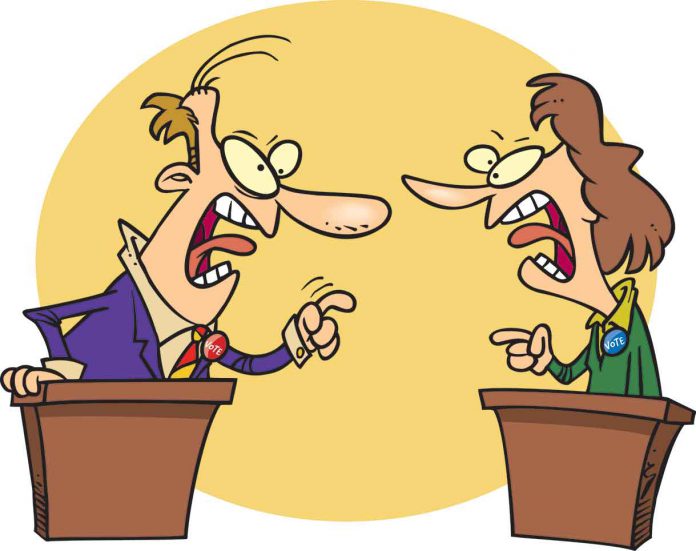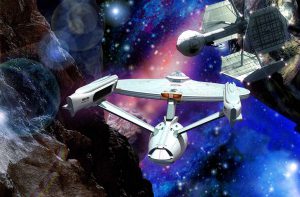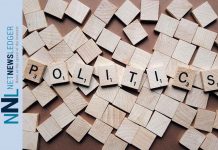
Our biases drive us apart
THUNDER BAY – POLITICS – Star Trek’s Spock would not be surprised: People are “illogical.” Some of that illogic comes increasingly in the very fractured arena of politics.

From the Tweets of President Donald Trump to the political memes posted all over social media, the truth seems increasingly lost on both sides of the political spectrum.
Politics today has become more of a “Blood Sport” than ever. The level of discord especially online with political bad blood developed between differing political ideologies has reached a point that social media sites like Facebook and Twitter are taking to banning some of the more radical users.
Now, new research exploring American liberals and conservatives is showing that regardless of political affiliation, the authors of a new study state that “tribal instincts kick in and people’s ability to think logically suffers when it comes to arguments related to their political belief systems”.
When confronted with the unsound reasoning of opposing groups, people become better able to identify flawed logic.
In their first study, the researchers studied ideological belief bias – the tendency to judge logical arguments based on the believability of their conclusions rather than whether or not the arguments’ premises support the conclusions – effects among 924 liberals and conservatives from YourMorals.org. Visitors to the site evaluated the logical soundness of classically structured logical syllogisms supporting liberal or conservative beliefs. Of 16 syllogisms, half were structured as sound arguments, and half unsound.
On average, participants correctly judged 73% of the syllogisms. But their ability to judge correctly depended on their political views.
“Liberals were better at identifying flawed arguments supporting conservative beliefs and conservatives were better at identifying flawed arguments supporting liberal beliefs,” says Anup Gampa (University of Virginia), a lead co-author of the paper.
In a second study, they observed ideological belief bias effects among 1,489 participants from ProjectImplicit.org. The participants in this study were trained in logical reasoning before evaluating political syllogisms using language similar to what they might encounter in popular media.
Even with the training, the ability to analyze arguments fell into the same patterns. The authors found similar patterns of bias in a nationally representative sample containing 1,109 liberals and conservatives.
In the era of fake news, these logical fallacies can be even more potent.
“When two sides don’t share a common view of even seemingly objective facts, these differences become embedded in our collective reasoning ability,” says Sean Wojcik (University of California, Irvine), a lead co-author of the paper. “Our biases drive us apart not only in our disagreements about political and ideological worldviews but also in our understanding of logic itself.”
Both Gampa and Wojcik agree that in our political world, “we might not be as vigilant as we think” about the logical grounding of our own beliefs and “we might be unreasonably harsh about the logical grounding of the belief of those we disagree with.”
Despite this, being able to hear the other side can open us to our own flawed arguments, suggest the researchers.
Politically, the end result seems to be that the political spectrum is swinging to the far right and then the far left despite the reality that a majority of people are basically politically moderate.
Perhaps the goal in politics for far too many politicians today is to play to their base, ignoring all others?
It puts the truth on the sidelines as political fights rarely grasp logic.






